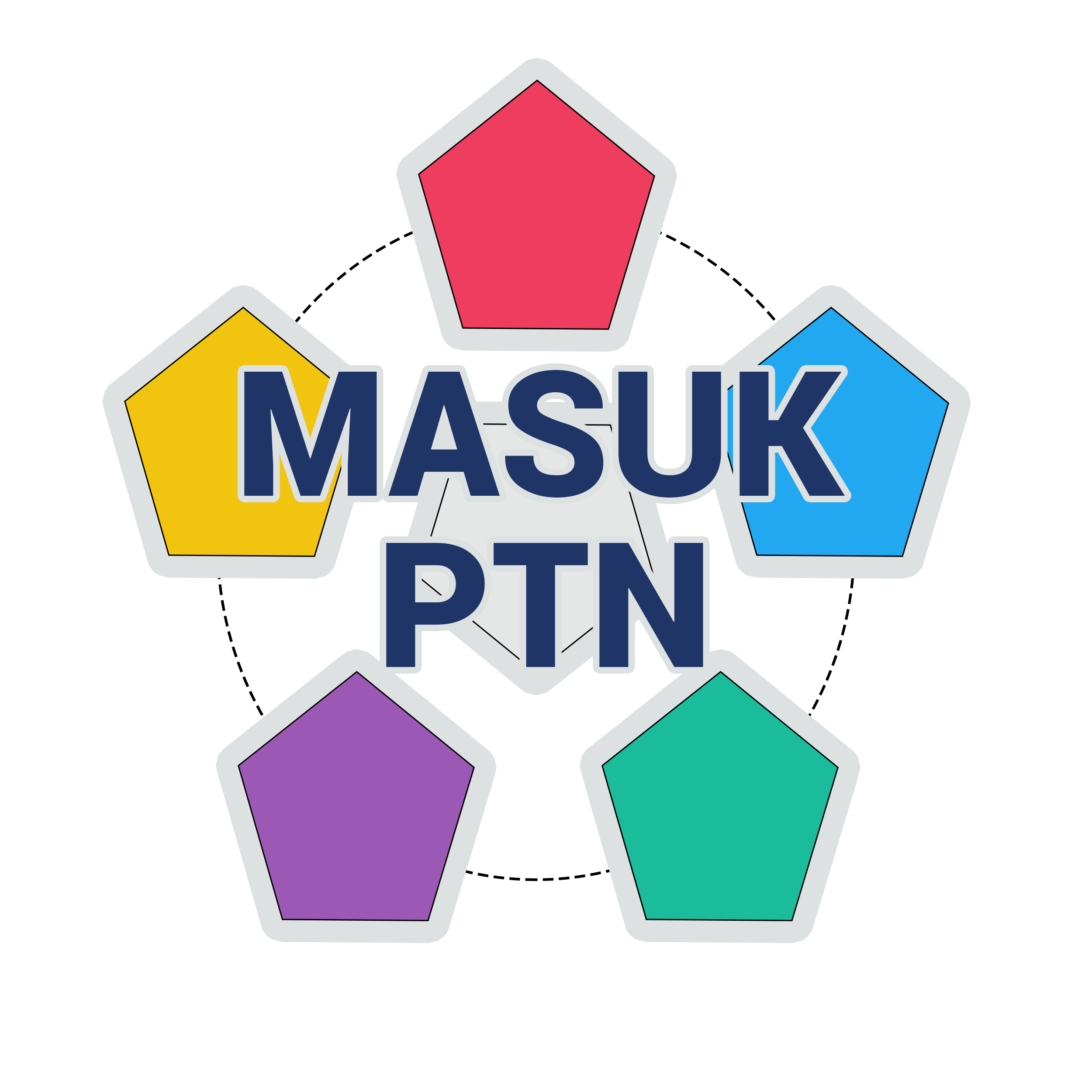SEJARAH
Economics education was previously divided into 3 areas of special expertise, namely Accounting, Marketing, Office Administration. Until 2015, a nomenclature emerged from the Directorate of Higher Education which stated that the Accounting and Office Administration Study Programs were independent and marketing was merged into one Economic Education Study Program. The Economics Education S1 Study Program is one othe study programs at FKIP UNS which has an A accreditation score (SK Ban PT No. 3230/SK/BAN PT/Akred/S/XII/2018). In line with the vision and mission and the achievement of the accreditation value, the Economic Education Study Program seeks to prepare its graduates to become professional Economic education educators and researchers. In addition, the Economic Education study program also provides graduates with additional competencies as Entrepreneurs and Business Observers. At the end of his studies, S1 graduates of the History Education Study Program are entitled to a bachelor’s degree in Economics education, and are entitled to hold a Bachelor of Education degree (S. Pd).
LAB
- Laboratorium Pembelajaran Pendidikan Ekonomi
- Laboratorium Produktif (Mini Market Tania)
PROGRAM STUDI
VISION
Becoming a Study Program that produces intelligent economic educators towards an international reputation based on the noble values of national culture.
MISION
- Organizing education, learning, and guidance effectively to produce graduates in the field of economic education who are intelligent, highly competitive, independent, and have good personality.
- Organizing community service activities in the field of economics and economic education oriented to improving the quality of education and learning.
- .Conducting research that produces new findings in the field of economic education and learning.
Based on the Regulation of the Minister of Education and Culture of the Republic of Indonesia No. 3 of 2020, concerning the National Standards for Higher Education and the Regulation of the Chancellor of the Sebelas Maret University No. 31 of 2020 concerning the Implementation and Management of Undergraduate Programs, the Economics Education Study Program FKIP UNS develops a curriculum that supports learning activities in accordance with university policies and national policies. The curriculum of the Economic Education study program FKIP-UNS is based on an in-depth study of how knowledge in the field of Economic Education is studied and studied with the aim that students can understand the nature of life and have the ability to improve their quality of life both individually and in society. The curriculum of the FKIP-UNS Economic Education study program is able to pass on culture from one generation to the next in line with the increasingly rapid development of science and technology and has an impact on increasing global challenges and competition. noble local and national culture. Curriculum development of the Economics Education Study Program FKIP-UNS is a curriculum development requirement that is able to equip students with 21st century skills, namely students who have learning skills in the form of global citizenship, collaboration, character, communication, creativity and imagination, real world problem solving, critical thinking, use of ICT learning (9C). Students are expected to have literacy skills (IMT) and life skills so that they can facilitate students to be able to implement the knowledge that has been obtained into social life.
GOALS
- To produce economic educators who have high professionalism and competence with global insight.
- Producing new innovations in the field of economic education as a basis for solving problems in the field of teacher training and education that are being faced which are increasing in quality and quantity.
- Produce works of community service that are able to solve practical problems in the field of economic education which are increasing in terms of quality and quantity.

 MASUK PTN
MASUK PTN